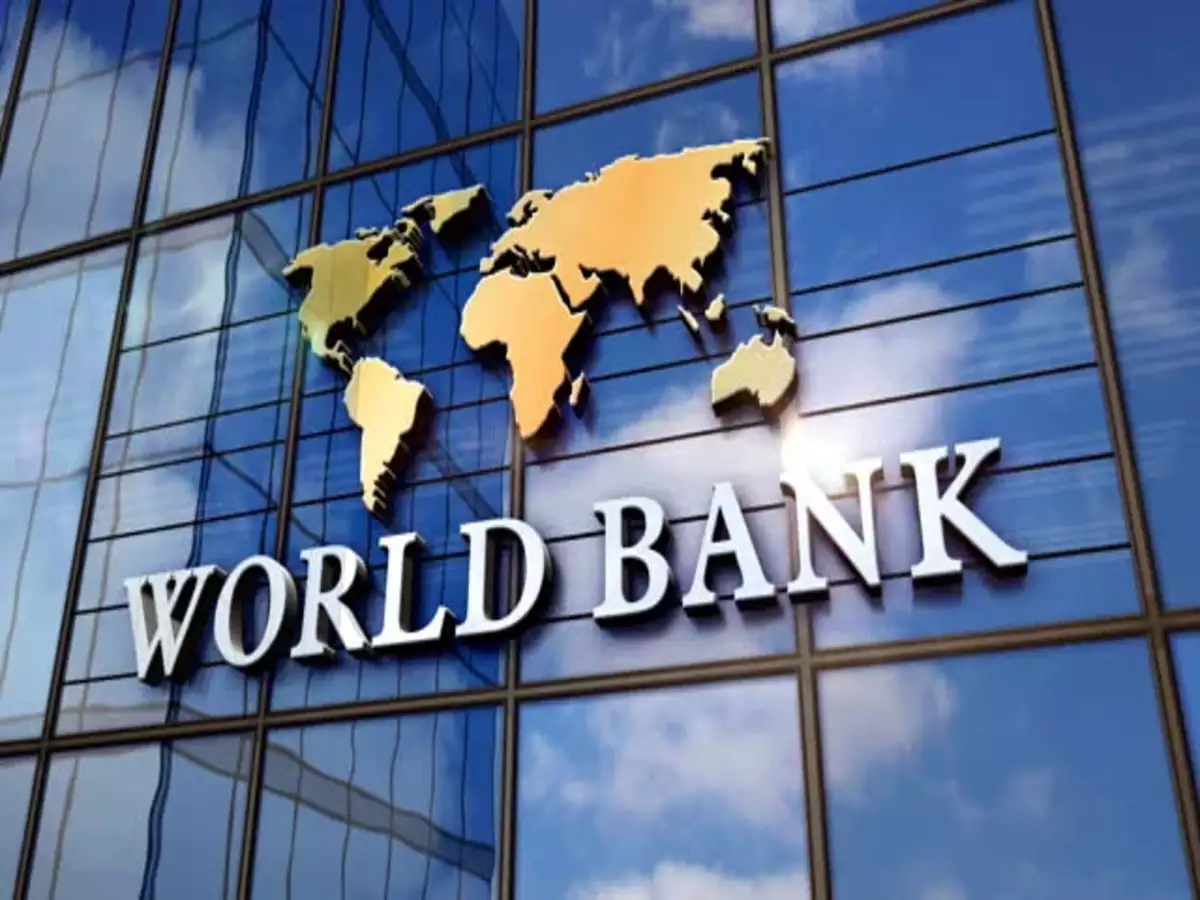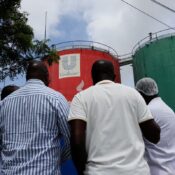
World Bank was pressed to increase lending capacity after the US and EU cut development aid
Excerpt: In order to assist developing nations, there are growing calls for the World Bank to modify financial regulations and increase lending capacity.
Policy experts and advocacy organizations are urging the World Bank to significantly reduce the equity-to-loan ratio of its main lending arm in order to unleash billions of dollars in new funding for vulnerable countries, amid significant cuts in development aid from the United States and Europe.
Reducing the International Bank for Reconstruction and Development’s (IBRD) equity-to-lending ratio from 18% to 17% might release an estimated $30 billion to $40 billion in additional lending capacity, according to Eric Pelofsky, vice president of the Rockefeller Foundation. He emphasized that neither the bank’s capital reserves nor taxpayers or shareholders would face any additional financial difficulties as a result of such a move.
According to Pelofsky, governments may use these extra monies to reinforce vital public services like healthcare, water, and sanitation, which are already under stress from the reductions in foreign aid, and to solve current or anticipated budget deficits. Additionally, he recommended that the World Bank help non-governmental organizations in operational issues shift to more sustainable, long-term funding models by offering them short-term, low-interest loans.
In accordance with the recommendations of an independent commission under the Group of 20 major nations, the World Bank has already reduced its equity-to-loan ratio by one percentage point in 2023 and again last year. These adjustments were made as part of a larger reform initiative to improve the bank’s ability to respond to issues of global development.
As part of a policy change to better align aid with his “America First” goal, President Donald Trump’s administration has cut billions of dollars in foreign aid since he returned to the White House in January for a second term. Additionally, a number of European countries have cut back on their development expenditures.
Pelofsky cautioned that inaction would have disastrous results.
Citing studies that suggest cutting US foreign aid might jeopardize millions of lives, he declared, “Inaction will have concrete consequences.”
The religious development advocacy group Jubilee USA Network has firmly endorsed the call to action. Eric LeCompte, its executive director and a UN adviser, called on the World Bank to act quickly. “This decision can and should be made as soon as possible by the World Bank,” he stated. “This action by the World Bank can fill this aid gap, especially with the significant cuts we’ve seen from the U.S. and Europe on development aid.”
All Categories
Recent Posts
Tags
+13162306000
zoneyetu@yahoo.com


